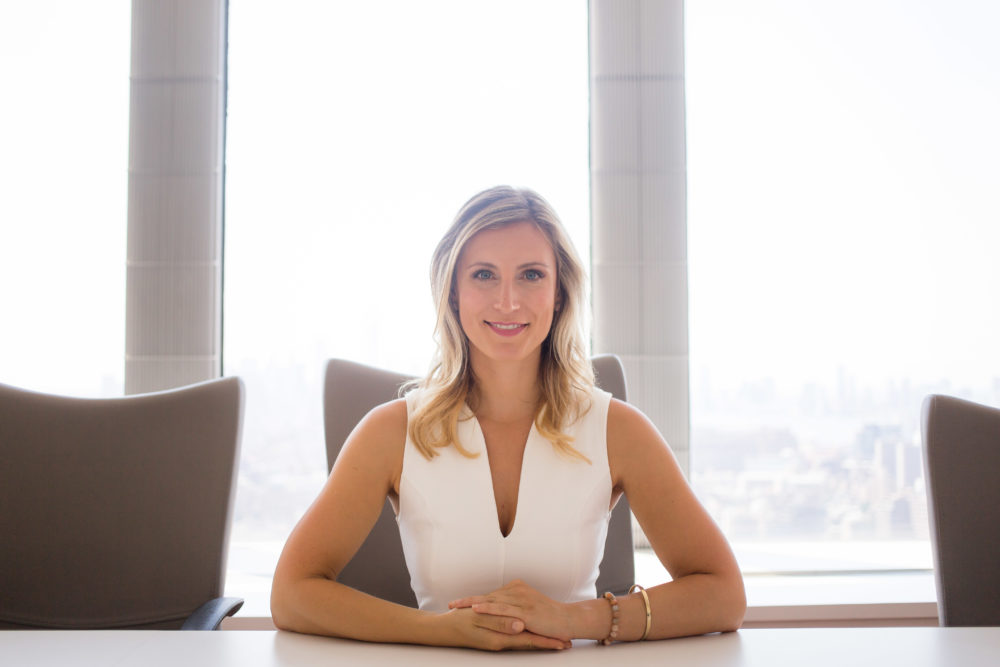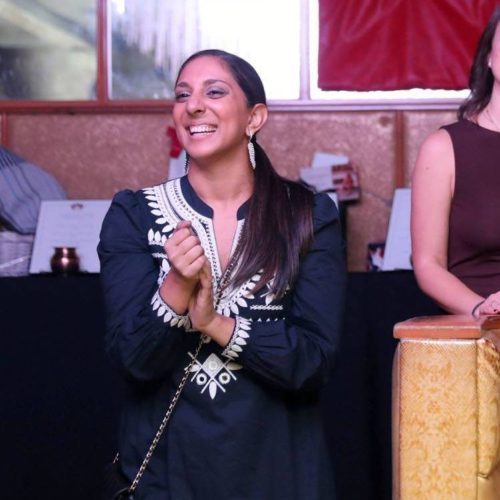
Alexis Pokorny is a mindfulness industry analyst and the founder of Open Deltas. She speaks globally on success and mindfulness, works with industry leaders and Fortune 500 Companies to implement culture-changing programs. She is currently writing a book on mindful millennial leadership. Alexis shares her best advice on finding your focus through mindful morning routines.Â
I was a 22-year-old overachiever and at my first ever Quarterly Business Review with my manager. As it turns out, he just wanted to see my plan for next quarter. Instead, I had the next 20 years mapped out. It included living internationally, running marathons, children, writing a book, hiking the Grand Canyon, learning to play the guitar, speaking fluent Italian, owning my own business, getting into politics, and being on the cover of a business magazine.
His response: “I think you should learn how to focus on one thing at a time.â€
Valid point, my friend.
After implementing his powerfully simple piece of advice, I literally became unstoppable. Focusing became my competitive edge as I hit an average of 140% of plan over the course of my sales career.
We are all dealing with a dramatic increase in information to process: the focus on the short-term, the speed of change, and a lack of balance between short term results versus thoughtful strategy. I used mindfulness as a practice to focus and created two morning routines I use every day: my “Board Meeting†and my “Daily Delta.â€
Board Meetings
I refer to my morning mindfulness practice as my Board Meeting, and I attend them every morning for 10 to 15 minutes. Mindfulness is simply focused attention and awareness. It can be practiced formally through a kind of mediation proven by research to actually change the structure of our brain and how we process information and feelings.
Why Is It Important?
Do you ever forget a conversation you just had? Are you not sure how you made it to work this morning because you drove on autopilot?
Due to sensory overload, we are taxing our sympathetic nervous system, and this puts us in a constant state of “survival,†or fight-or-flight. This is a great mode to be in if you are being chased by bears, but it is ridiculous when you’re working in a temperature-controlled office, trying to lose weight because you have the luxury of eating too much… Am I right?
There are no side effects to becoming mindful. Well, except for actually being more aware, present, focused, happy, and being less stressed.
How it’s helped me at work:
Leadership
Mindful leaders have better relationships because they are fully present and pick up on hidden dynamics. One poignant example occurred when I noticed something was off with an employee who wears a brilliant poker face. While I couldn’t pinpoint what was off, I could feel it and kept offering support until he felt comfortable enough to share. It turns out he had just lost a child. Not only was I able to support him through that difficult time from an emotional perspective, but I also successfully made him aware of valuable resources from the employee assistance program, such as therapy and time off. Despite this trying time, he ended up a top performer and my right-hand man.
Productivity
Practicing mindfulness teaches us how to focus and strengthen our brain’s “attention†muscles. It promotes creative thinking by stimulating our divergent thinking, helping us to generate more ideas and solutions. Over my sales career, I achieved an average 140% of plan working 20 hours a week. I didn’t just work hard, I worked smart. Every morning, (see below) I mapped out exactly what I needed to do to make the biggest impact.
Collaboration
Mindfulness positively impacts teamwork because it increases our emotional intelligence and our ability to connect. We are able to be present as well as recognize and understand other’s emotions. Mindful teams can relate and respect one another because they are consciously empathetic. While in sales, I routinely won deals because customers trusted and felt the most comfortable working with me. They knew that I took the time to understand the personal risks and rewards on projects to anticipate shortcomings and prepare for success.
How to Develop a Practice
If we understand the value of keeping our bodies healthy, even though we aren’t constantly engaged in physical activity, why is it hard to find just 10 minutes to take care of our brains, which we use 100% of the time?
A basic concentration practice involves simply focusing on the breath. As distractions come into the mind, without judgement, return your focus back to the sensation of the breath. In my programs, I teach 10-minute mindfulness practices that you can implement today and use for the rest of your life.
Research shows that only 10 minutes a day can lead to significant benefits.
Daily Delta
Every morning after my Board Meeting, while my mind is fresh, I create my Daily Delta.
Productive people focus on outcome-based tasks aligning with the Pareto Principle: “20 percent of your activities will account for 80 percent of your results.†This is not a new concept, but a tool that begs to be brought out during this time of massive distraction and action addiction.
How to Create a Daily Delta
Prioritize
Identify your goals for the day with the Pareto Principle in mind. These goals take priority and should be completed when you have the most cognitive resources, focus and energy available.
Focus
Contrary to conventional thinking and completing quantity over quality, we are only going to focus on 3 outcome-based goals a day. Turn off notifications and set alarms to reduce distractions.
Plan
Schedule the appropriate time to complete goals in your calendar. Think about when, what resources, and the best environment to complete them in. Deliberately schedule performance breaks and catch-up time in between those focused blocks of time.
Discern
Use your judgement; distractions will come up throughout the day but it’s up to you to consider if they are more important than the 3 goals on your list.
To summarize, identify 3 outcome-based goals and just do them. No more, no less.
My Morning Routine:
- Ten-minute Board Meeting
- Identify your Daily Delta (high impact/outcome based)
- Schedule your Daily Delta and breaks into your calendar
- Set alarms
- Execute
After your first day of truly prioritizing and focusing on the 3-top outcome-based goals, you will experience first-hand the power of focused awareness and mindfulness in action.
Hold yourself accountable and inspire others by tagging your #DailyDelta.
Follow Alexis on Facebook and Instagram, and be sure to check out her curated mindfulness virtual courses.Â
More Best Advice – how a founder’s childhood fueled her lifestyle company bridging self care and intersectional feminism, the must have moving advice from the founder of a global toy and experience company, and the weekly schedule of the founder of Style House.

